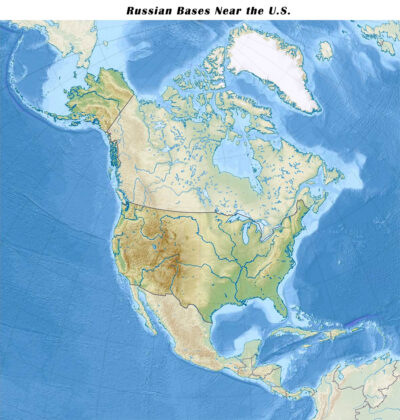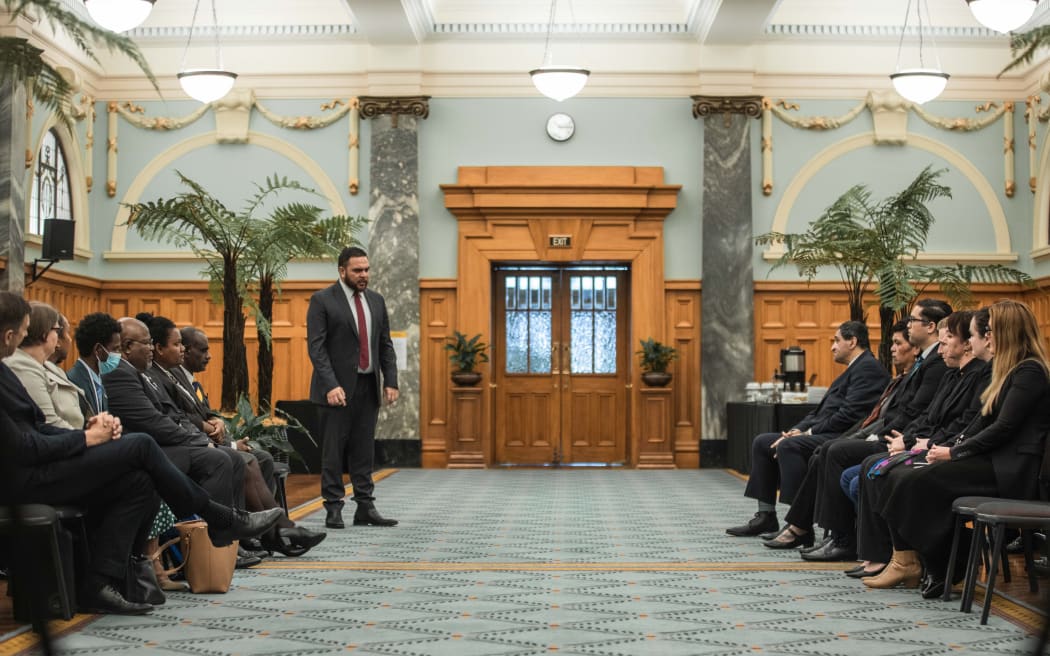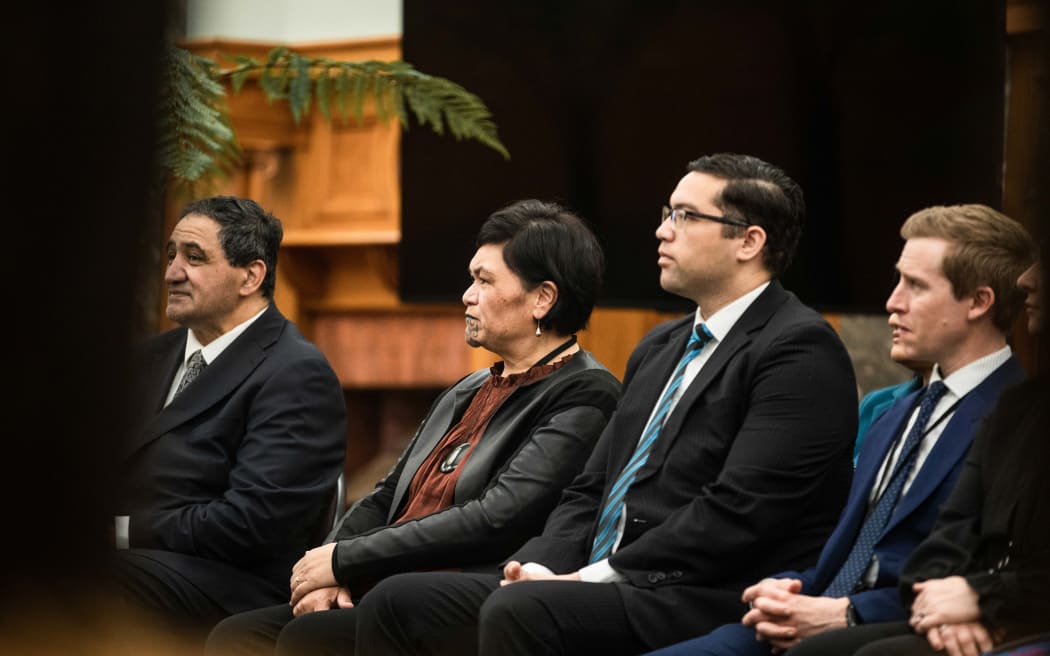I refer you to one of the first articles I ever posted on my personal website: You Don’t Use A Microscope To Find The Cow That’s Left The Barn. To quote myself . . .
You can magnify a single bacteria a thousand times but it will not tell you that your entire herd is missing or that everything is dying on the farm.
The point is that when we’re too focused on the so-called details, we often miss what’s truly important to understand what’s going on.
This is an old story, chicanery that has been used without pause from the onset of human communication. The misapplication of “focus” is used by tricksters, hucksters, hustlers, politicians, and other consummate liars, on a regular basis to keep us from stepping back and getting a full appreciation of a situation — the big picture, a fuller more truthful and useful understanding. It’s used by racists to generate hatred. By citing a few bad apples they convince us the whole orchard is rotten. It’s used by salesmen to direct our attention to some apparent necessity, often illusory, in order to pry open our wallets for the purchase of some superfluous, overvalued item. It’s used by propagandists and their allies in the media to misinform and twist our view of ourselves and the world we live in. Via calculated cherry-picking the truth, lying by omission, even making up “facts”, we are enlisted for an agenda which, if fully understood, we would never support, would probably oppose. As a subset of that, it’s used by warmongers to convince us of the nobility, justice, essential goodness of all sorts of horrors they inflict on the world. We save the lives of three school children in a remote village, failing to mention we killed 100,000 innocent civilians to get there.
If we take a long step back and look at how our country got to be so rich, so powerful, so respected and feared, if we are honest with ourselves, completely objective, attentive and balanced, there is only one possible conclusion we can draw . . .
The overall trajectory of U.S. foreign policy is that of a predator, a conqueror, a colonial oppressor.
There is nothing in the historical record of the last 100 years which contradicts this.
There is no example of voluntary retreat. There has never been an apology for the death and destruction wantonly inflicted on other countries. Except for a steady stream of self-flattering virtue signaling about justice and human rights, we’ve never made up for the grotesque theft of the labor and entire lives stolen from the millions of people we’ve enslaved over the entire course of our existence. This now includes the use of prison labor in our bloated system of corporate incarceration. There have been no reparations for the wars the U.S. has prosecuted, for the enormous social, economic, and political damage resulting from both military and non-military aggression by the U.S. against other nations. The U.S. has countless times covertly and overtly violated international law, broken treaties and its trusted word. It has turned truth on its head to justify its aggression and sometimes outright theft of money and resources, 1) falsely claiming its “national security” is under threat; 2) falsely portraying its military campaigns and economic terrorism as mitigation for human rights abuses, e.g. the public relations charade mockingly called Responsibility to Protect (R2P); 3) falsely accusing other countries of treaty violations to justify its own treaty violations; 4) hypocritically utilizing terrorist groups it claims to condemn for proxy wars against its perceived enemies; 5) bullying, instituting sanctions, blockades and embargoes, starving whole populations of essential food and medicines, self-righteously declaring itself judge and jury in determining how other sovereign nations and their people must act or be condemned and isolated for violating some model of proper behavior — a rules-based order — which the U.S., itself, ignores when inconvenient or unprofitable for the corporate interests the government loyally represents and serves.
The War on Terror, among the most egregious frauds perpetrated under the banner of Pax Americana, has been a War of Terror by the #1 terrorist country in the world — the U.S. itself. The unnecessary and illegal wars in Iraq, Afghanistan, Libya, Syria, Yemen, now Ukraine, to name the most prominent ones, have caused the greatest refugee crises in history. Taiwan is next on the assembly line of horrors generated by our belligerence, arrogance, and recklessness.
What do we take from this? What’s the lesson?
The message is clear: Any attempt at repairing U.S. foreign policy requires a complete reversal of priorities which are currently baked into our economy, politics, social and political system.
And such a reversal of priorities must necessarily require eliminating from positions of power any and all proponents of global hegemony, world conquest, indispensability, “American exceptionalism”, total spectrum dominion. Our current geopolitical agenda only produces one trajectory: imperial conquest. This trajectory only embraces one mechanism: War in all of its contemporary manifestations: war on other countries, war on economies, war on social structures, war on people (including its own), war on families, war on human rights, war on the environment, war on the truth.
Returning to our discussion of the “details”, meaning the focus on single, easily spun and manipulated events and public posturing. Questioning and challenging what the U.S. does in its relationship with the rest of the world by only targeting individual incidents, single moments in time, each supposedly a unique crisis — as it mysteriously just pops up out of nowhere and spoils our good time like some party crasher — is a pointless and futile task, a fool’s errand . . . A HUGE WASTE OF ENERGY AND TIME.
How many times do we need to be reminded of this? We question the wisdom and necessity of invading the tiny island nation of Grenada, we get Panama and the first Iraq war, then Kosovo. We object to the war on Afghanistan, we get a war both on Afghanistan and Iraq. We condemn the Iraq War and we get Libya and Syria and Sudan and Yemen. How many times do we need to be reminded that any calls for basic civility, diplomacy, restraint, peace, are scoffed at — if even noticed — are mocked and dismissed as childish fantasy and unhinged idealism, the stuff of hippies and dreamers? How often does the current power elite have to make it clear that for them confrontation, aggression, and war are the answers to every question?
The latest crisis to monopolize our attention — and admittedly it’s a whopper! — being used to obfuscate America’s real and ultimately self-destructive agenda, is the Ukraine war. Starting this war has been in the works for decades.* Further proof of the West’s real intent — a major drawn-out conflict which will weaken and ultimately destroy Russia — is the refusal by US and its NATO lapdogs to negotiate, have any conversation with Russia. Boris Johnson — a pathetic servile sheepdog if there ever was one — flew to Kiev and told Zelensky to pull out of peace talks and refuse any further discussion with Russia to resolve the situation. Zelensky is being generously rewarded by Washington DC to follow orders, toe the line, and sacrifice unnecessarily tens of thousands of Ukrainian lives in support of US/NATO thuggery. He’s got millions in the bank now, luxury homes far from the conflict zone, and presumably access to the best comedy writers in America, should he decide to return to his real calling, that of a buffoon TV comic.
Any cursory review of the actual events which made this mess inevitable leads to an indisputable conclusion: The “special operation”, as Russia calls it, is not naked Russian aggression, or as the media reminds us every ten seconds, an “unprovoked” attack. It is a reaction by Russia to calculated provocations, intimidations, a program engineered over at least a half a century — though hatred of Russia by the West goes back much further — ultimately intended to destroy Russia as a nation, then plunder it. It is the direct result of a highly-sophisticated, multi-layered strategy for imperial conquest, sometimes subtle and always covert, by the US and its puppet institution NATO . . . destroy, conquer, subjugate, pillage. It’s not Russia that’s circled the continental U.S. with military bases. It’s the U.S. and its puppet allies that have tried to construct a noose around Russia. The US by its own admission put $5 billion into creating turmoil and installing a US/NATO-friendly puppet regime in Kiev. The Ukraine coup of 2014 was nothing more than a tightening of the military noose around Russia and a ham-fisted attempt at stealing Russia’s major naval base in Sevastopol. That plot, of course, was foiled when Crimea decided by referendum to again become part of Russia.
Next in line — as if destroying and conquering Russia is just a day’s work — is China. This likewise is nothing new. The subjugation of China has been a work in progress for two centuries. The effort by the West+1 (the +1 being Japan) from 1839 to 1949 is referred to by the Chinese as the Century of Humiliation. China has never forgotten or forgiven. Why should it? Why shouldn’t it protect itself from future humiliation and plunder? The long history of racist, imperial aggression by the Western-led colonialists is what drives China’s distrust of the U.S. and its current partners in crime (Australia, Japan, Canada, the NATO lapdogs). As with Russia, China is not rattling its sabers across the planet. Understandably it is attempting to construct an impregnable defense framework against more anticipated Western colonial incursions. It’s not China performing FONOPS (Freedom of Navigation Operations) in the Mediterranean, the Caribbean, off the coast of California and Virginia, not even around Hawaii and Alaska. It’s not China that has surrounded the U.S., Australia, the U.K. and other NATO countries with military bases. It is the U.S. in concert with its obsequious puppets that have encircled China with a huge array of forward-positioned bases, staffed and armed to the teeth with offensive weaponry. Japan alone has 56 U.S. bases. There are close to 30,000 active duty military persons in Okinawa alone.
It is imperative that the citizens of the U.S. who are still sane and capable of making their own rational judgments, understand that the obvious, truly frightening, unavoidable, but completely unnecessary result of our present course with Russia and China is WAR, WAR, AND MORE WAR — potentially nuclear war and the end of human life on this planet!
And putting aside death and destruction, as if tens of millions of deaths and ruined lives is just collateral inconvenience, for us now and future generations right here at home, our current trajectory guarantees more waste, an evisceration of our individual and national potential, a squandering of our vast human, national and economic resources, all in pursuit of the unattainable, undesirable, pathological insane goal of world domination!
During discussion of the most recent budget cycle, we might have detected the usual barely audible pleas for restraint and rationality, from the small chorus of voices attempting to alert the public exactly how skewed our funding priorities are. These are the same appeals we’ve been hearing year-after-year: Reduce the DOD budget, then repair the infrastructure, fix health care, take care of the planet, put the people back in the equation. The result of the “negotiations”? The defense budget increased to an all-time high, with Republicans and Democrats adding billions more than the White House requested, the grandstanding gas bags from both major parties competing for bragging rights over who is most responsible for this unconscionable bloat.
Did we vote for this? Do we really need more weapons of war, more military bases, more ships and submarines, more bombers and fighter jets, more missiles and nuclear bombs?
Or put another way . . .
Does the sturdy, proud individualism we claim defines us as a people have to equate to mass murder and destruction across the globe? World War III? Nuclear annihilation?
Is this what we as Americans stand for?
I think not.
This regime of perpetual war and global domination is the work of madmen, power-drunk sociopaths who’ve grabbed and now maintain absolute control of our foreign policy. They are empire-obsessed megalomaniacs who’ve seized the initiative and are the architects of the Great Imperial Project — the U.S. as absolute imperial master of the Earth. They have, without any consent by an informed citizenry, established the disastrous direction of the country, and are now taking us to a final denouement, an epic clash with two other major nuclear powers. To say ‘this will not end well’ ranks as the greatest understatement in history.
I repeat: There is nothing in the historical record of the last 100 years — some historians go back to the very early days of our republic — which offers any hope that our constant beating of the war drums will magically stop. That the trajectory of imperial conquest, and all the misadventures and war crimes which follow from that, will spontaneously reverse. Whether it’s the Monroe Doctrine or manifest destiny or the Wolfowitz Doctrine or R2P or Brzezinski’s Grand Chessboard or charter for the Project for the New American Century, whatever form the justification and rationalizations take, the direction is clear and ghastly: The promise of aggression, chaos, and carnage, distinguishes itself as the only promise the U.S. will keep.
I’m baffled why anti-war activists can’t see this. Right now the U.S. is a beast. The nature of the beast is war. The beast is merciless, relentless, unforgiving, amoral, sociopathic, homicidal. If we don’t slay the beast, the beast will continue to do just what such a creature does. Negotiating with the beast is impossible. Taming the beast is impossible. Even slowing down the beast will only insignificantly temper the pace of its ravaging ways.
Many well-intentioned individuals over decades have been appealing to the better nature and better instincts of U.S. leadership. The reality is, it has neither. Nor does it show signs of common decency or common sense.
There is only one option: Removing from power those who now embrace threats, intimidation, confrontation, violence, and ultimately military conflict as the only mechanisms for dealing with the rest of the world.
Removing ALL OF THOSE now in power! They are all culpable. They are all complicit.
Yes, the world is a dangerous place. But those now in control of our governing institutions systematically and systemically make it a more dangerous place. They are not protecting us. They are not even protecting our nation. They are dooming America to a horrifying and catastrophic fate. Either they go away or the U.S. itself will go away. It won’t be a pretty sight. Manifest destiny will be manifest implosion and collapse. Or total annihilation in the war to end all wars, which will fulfill that hope by ending everything.
Regime change is Washington DC is not a hyperbolic meme.
It’s our only hope.
* You might consider looking at my The Peace Dividend book, written six years ago, which exposes the unhinged geopolitical agenda which made this conflict inevitable.
The post The Trajectory of US Foreign Policy first appeared on Dissident Voice.This post was originally published on Dissident Voice.







